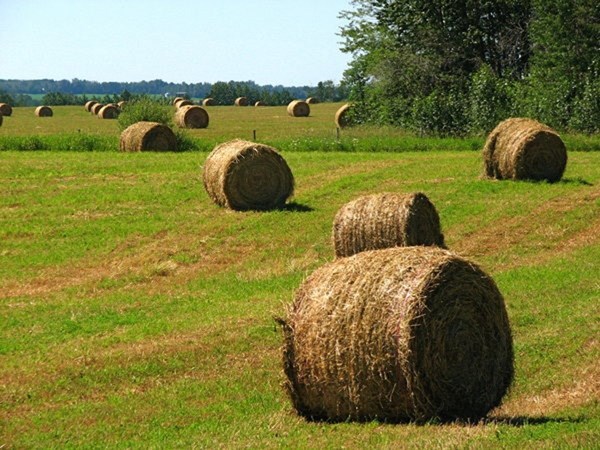After months of severe drought-like conditions the MD of Bonnyville declared a state of agricultural disaster on Aug. 11, 2015
“For the hay and livestock operations it is a disaster,” said Reeve Ed Rondeau during a council meeting on Aug. 11.
“We didn't have the rain at the very beginning (of the season) and then the grasshoppers decided to clean up the rest.”
Over the course of the first 100 days of the growing season, from April 1 to the middle of July, the MD received between 75 and 100 millimetres of rain. On average the region usually receives approximately 200 millimetres of rain over that same period of time.
“It's another perfect storm,” said Gordon Graves, a cattle farmer with land north of Iron River.
Extremely dry conditions combined with hot temperatures led to most of the pastureland throughout the province drying out. These conditions, along with an infestation of grasshoppers, crippled crops and made it hard for local farmers to feed their cattle.
“If we were to get a rain, some pastures are hurting so much that I don't know how much they can recover,” said Graves. “There are some grain crops that are looking pretty scary and some canola crops that are turning unbelievably quick.”
The decision to declare an agricultural state of disaster didn't come right away for the MD, as local officials sat on the fence for a few weeks debating the decision.
Finally, after consultations with the local agricultural service board, the MD decided to join the growing list of municipalities across the province that had already waved the white flag.
“We know there is an urgent need for something to be done,” said Rondeau, after making the decision. “Making this declaration helps identify that our area has a problem when it comes to livestock operations – that problem being a lack of food and water.”
The move to declare the disaster notified the government about the tough conditions in the region.
As a result both the provincial and federal governments took steps and offered programs and tax deferrals to local farmers to help mitigate the impact of the harsh, dry summer months.



